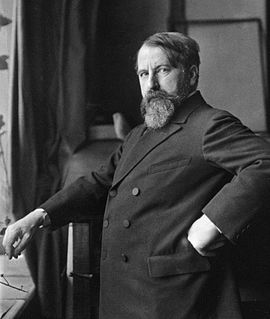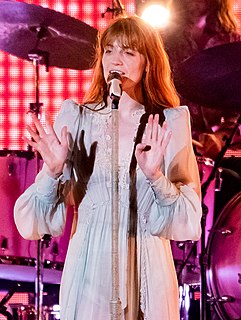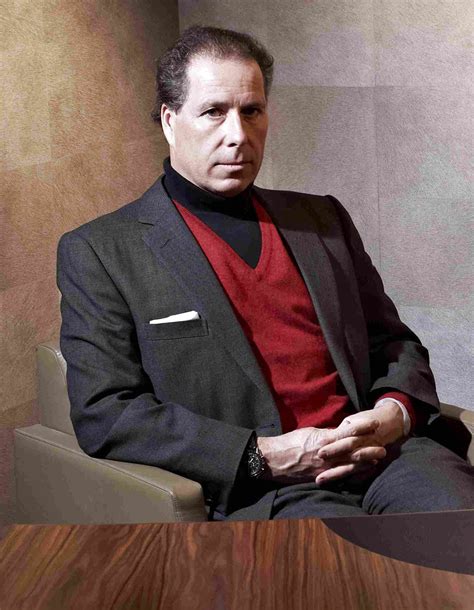A Quote by Arthur Schnitzler
I write of love and death. What other subjects are there?
Related Quotes
I really have no idea where the darkness comes from. Other writers have said that there are two subjects worth writing about, love and death; and since I'm a complete flop when it comes to love, I chose death. Too, maybe because of where I came from, I do find it easy to empathise with and write about certain groups of damaged or downtrodden people: the poor, the addicted.
We have traditionally thought of knowing in terms of subject and object and have struggled to attain objectivity by detaching our subjectivity. It can't be done, and one of the achievements of postmodernity is to demonstrate that. What we are called to, and what in the resurrection we are equipped for, is a knowing in which we are involved as subjects but as self-giving, not as self-seeking, subjects: in other words, a knowing that is a form of love.
The Vedas give information on various subjects. They have come together and form one book. And in later times, when other subjects were separated from religion - when astronomy and astrology were taken out of religion - these subjects, being connected with the Vedas and being ancient, were considered very holy.
It is not possible, for a poet, writing in any language, to protect himself from the tragic elements in human life.... [ellipsis in source] Illness, old age, and death--subjects as ancient as humanity--these are the subjects that the poet must speak of very nearly from the first moment that he begins to speak.



































